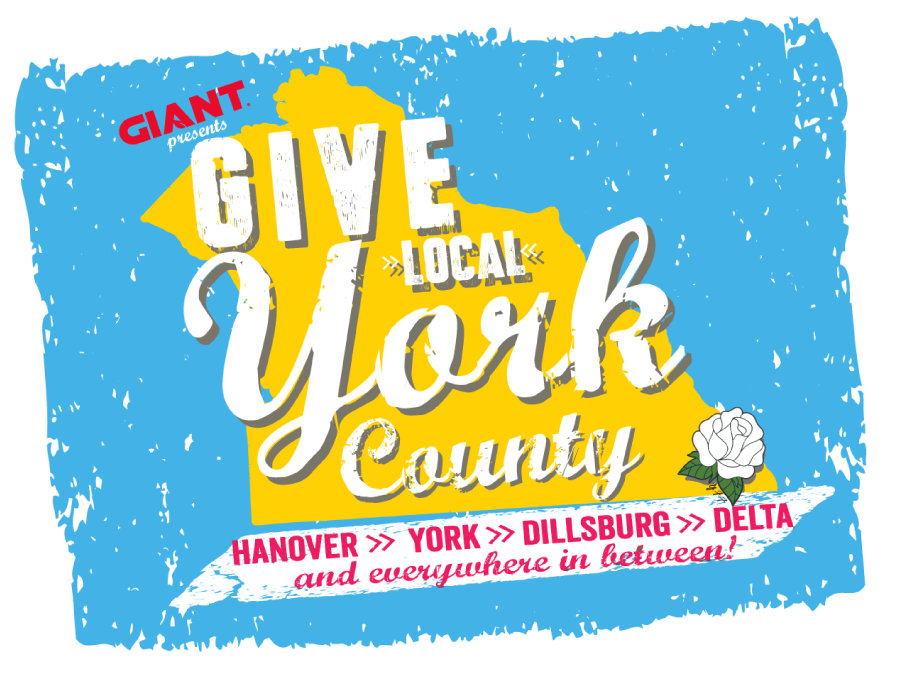The Power of Protein in the Older Adult Diet
An older adult’s diet can have an impact on how much age-related muscle loss they experience. Poor choices can lead to a loss of strength that contributes to balance problems and falls. A healthy diet rich in fiber, fruits, vegetables and protein can help lessen the chances of those happening and/or delay a decline in muscle strength.
Tips to Avoid Winter Depression
If you find yourself feeling depressed from late fall to early spring, you may suffer from winter depression. This is especially true if you live far north, where sunshine and warm temperatures are in short supply during the winter months.
Vacationing with Older Adults
Late spring and summer are times when families often embark on vacation together. For some families, this year’s travel plans may include an older loved one. These trips are a great way to build bonds among the generations and create memories that will last a lifetime, but traveling with a senior family member may require making a few accommodations.
Why Choose Hospice?
Just the very word “hospice” can be frightening. People mistakenly believe hospice care is only for the final days of life.
The reality is that hospice is a philosophy of caring for people who have a life-limiting illness. Hospice treats each person and their unique needs. The care hospice delivers is a combination of treating the mind, body and spirit.
Life Sustaining Treatment – Do Your Loved Ones Know What You’d Want?
Sadly, accidents and medical emergencies can occur suddenly to anyone at any age resulting in families having to face difficult end-of-life decisions. Imagine the shock and surprise of such an event occurring and then having to make life sustaining treatment decisions for your loved one.
How to Talk to Mom or Dad About Hospice
When facing an illness for which a cure is not possible, you and your family struggle with fear, confusion and frustration as you try to determine the best course of action.
If you are like most people, you view hospice as a positive approach to end-of-life care. You probably already know that hospice offers at-home nursing care, symptom/pain relief, and spiritual guidance your parent needs, but you may not be sure how to start the conversation without upsetting your mom or dad even more.
Hospice Mythbuster Series Continues
In a previous article we tackled three of the six most common hospice myths. We shared information on who can receive the care and support of hospice and for how long. Here we are finishing up the series with three more myths. Please share this information with friends and colleagues who might benefit from learning more about hospice care.
Hospice Can Help Prevent Unnecessary Hospital Readmissions
Families who are caring for a loved one with a life-limiting illness often struggle to keep them from being admitted and re-admitted to the hospital. Some of the symptoms and pain caused by their terminal diagnosis are very difficult for family caregivers to manage without help.
These frequent hospital trips take a physical and emotional toll on both the caregiver and the person for whom they are caring.
Helping a Loved One Manage End-of Life Anxiety
When someone receives a new diagnosis of a life-limiting condition or a chronic illness reaches its final stages, anxiety often makes the situation all the more difficult. Psychiatrists and spiritual care counselors agree that anxiety is a common struggle at the end of life. Hospice care can help patients and families manage that struggle in a variety of ways.
Does Medicare Pay for Hospice Care?
When you or a senior loved one receives a diagnosis of a life-limiting illness, there are many kinds of fears that occur. For most people, one big concern is how they will pay for medical expenses. With the rising cost of medical care, expenses can mount quickly. For Medicare recipients, there is help available.

